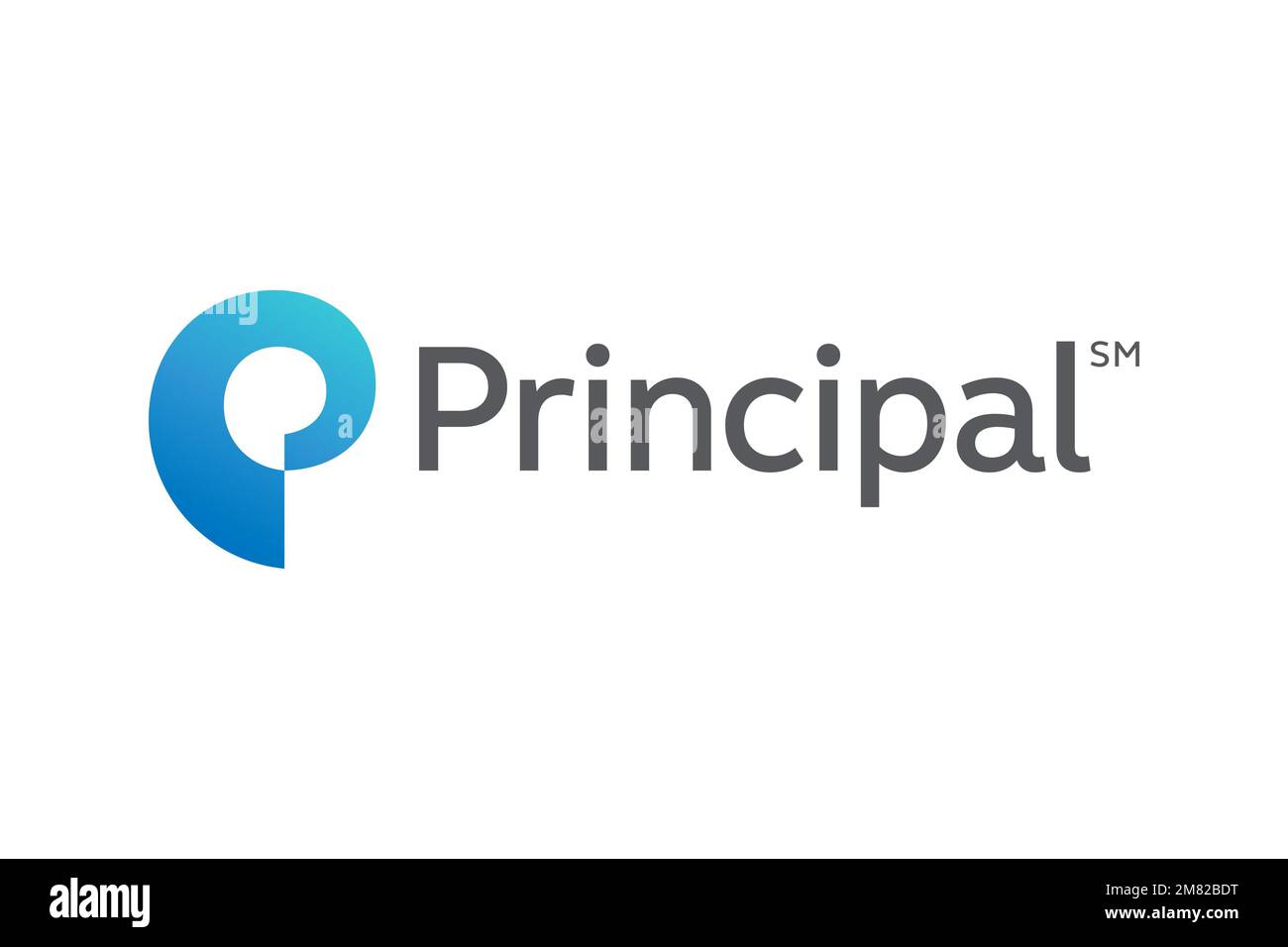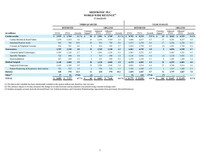Learning From Setbacks: A Weekly Review Of Failures

Table of Contents
The Importance of a Weekly Failure Review
Regularly reflecting on setbacks is vital for self-improvement. A dedicated weekly failure review allows for a structured approach to understanding and overcoming challenges. By analyzing past mistakes, you gain invaluable insights that prevent repeating them. This proactive approach fosters resilience and accelerates personal growth.
- Identifies recurring patterns of failure: Do you consistently struggle with deadlines? Are you repeatedly making the same mistake in client communication? A weekly review helps identify these patterns, allowing you to address the root cause.
- Promotes self-awareness and emotional intelligence: Understanding your emotional responses to failure is crucial for growth. A failure review forces you to confront these emotions, improving your self-awareness and emotional regulation.
- Facilitates faster learning and adaptation: Analyzing failures allows for quicker adaptation and adjustment of strategies. You learn from each experience, leading to more effective approaches in the future.
- Reduces the emotional impact of future failures: By regularly processing setbacks, you build resilience and reduce the sting of future failures. You'll approach future challenges with a more grounded and confident perspective.
- Encourages proactive problem-solving: A weekly failure review fosters a proactive mindset. Instead of reacting to problems reactively, you'll begin to anticipate and address potential issues before they arise.
The psychological benefits of acknowledging and processing failures cannot be overstated. Avoiding them only prolongs the learning process. Think of it as a "post-mortem" – a systematic analysis, common in business, applied to your personal and professional life to identify areas for improvement.
Methods for Conducting a Weekly Failure Review
Effectively reviewing setbacks requires a structured approach. Several methods can help you analyze failures and extract actionable insights.
- Journaling: Dedicate time each week to write about your setbacks. Detail the situation, your emotions, and your initial reactions. Be honest and specific. For example, “I missed the deadline for the X project because I underestimated the time required for Y task. I felt overwhelmed and frustrated.”
- Mind Mapping: Create a visual representation of the contributing factors to your failures. Branch out from the central problem to identify contributing causes, obstacles, and potential solutions.
- SWOT Analysis: Analyze your strengths, weaknesses, opportunities, and threats related to the failure. This method provides a balanced perspective and helps identify areas for improvement and leverage points.
- Seeking feedback from others: Ask trusted colleagues, mentors, or friends for their objective perspectives on the situation. Their insights can offer valuable new viewpoints.
Remember to approach this process with honesty and self-compassion. Avoid self-blame; focus on identifying actionable steps for improvement. A sample journal entry template might include: Date, Setback Description, Emotions, Contributing Factors, Lessons Learned, Actionable Steps.
Turning Setbacks into Opportunities for Growth
Transforming negative experiences into positive learning experiences is the ultimate goal of a weekly failure review.
- Identify specific actionable steps for improvement: Don't just identify the problem; develop a concrete plan to address it. For instance, if you missed a deadline due to poor time management, create a detailed schedule for future projects.
- Develop new skills or strategies: Use setbacks as opportunities to learn new skills or develop more effective strategies. Consider taking a course, reading relevant books, or seeking mentorship.
- Reframe the setback as a valuable learning experience: Change your perspective. See failures not as personal defeats, but as valuable lessons that pave the way for future success.
- Celebrate small victories along the path to improvement: Acknowledge and reward your progress. Celebrating small wins keeps you motivated and reinforces the positive impact of your failure review process.
- Focus on progress, not perfection: Progress, not perfection, is the key. Acknowledge your efforts and celebrate the steps you take towards improvement, even if you haven’t achieved complete success yet.
Cultivate a growth mindset. This involves believing that your abilities and intelligence can be developed through dedication and hard work. Remember that even significant failures, like losing a job or failing an exam, can be stepping stones to greater success. Many successful individuals credit their greatest achievements to lessons learned from significant setbacks.
Common Mistakes to Avoid When Reviewing Failures
While the weekly failure review is a powerful tool, there are potential pitfalls to avoid.
- Self-blame and excessive self-criticism: Avoid dwelling on self-blame. Focus on the situation and the factors contributing to the failure, not on personal shortcomings.
- Focusing solely on the negative aspects without identifying solutions: Balance the analysis with concrete steps to address the problems identified. Don't just list problems; develop solutions.
- Failing to take actionable steps based on the review: The review is useless unless you take concrete actions based on your findings. Make a plan and implement it.
- Ignoring feedback from others: Valuable insights often come from external perspectives. Actively seek and consider feedback from others.
- Not scheduling dedicated time for the review: Make time for your weekly failure review. Treat it as an important appointment you can’t miss.
Maintaining a balanced and constructive perspective is crucial. Self-compassion is key—be kind to yourself while holding yourself accountable for growth. Focus on progress, not perfection, and celebrate your successes along the way.
Conclusion
Regularly reviewing your failures – conducting a weekly failure review – is not about dwelling on the negative but about actively learning and growing. By implementing the strategies discussed, you can transform setbacks into valuable opportunities for personal and professional development. Embrace the power of learning from setbacks and watch your resilience and success soar. Start your weekly failure review today and unlock your full potential!

Featured Posts
-
 Josh Hart Injury Update Knicks Vs Celtics On February 23rd
May 17, 2025
Josh Hart Injury Update Knicks Vs Celtics On February 23rd
May 17, 2025 -
 Microsofts Surface Shakeup A Slimmed Down Product Portfolio
May 17, 2025
Microsofts Surface Shakeup A Slimmed Down Product Portfolio
May 17, 2025 -
 Angel Reese Supports Wnba Players Fight For Better Salaries
May 17, 2025
Angel Reese Supports Wnba Players Fight For Better Salaries
May 17, 2025 -
 Warner Bros Pictures 2025 Cinema Con Presentation Key Highlights
May 17, 2025
Warner Bros Pictures 2025 Cinema Con Presentation Key Highlights
May 17, 2025 -
 Court Decision Impacts E Bay Liability For Listings Of Banned Chemicals
May 17, 2025
Court Decision Impacts E Bay Liability For Listings Of Banned Chemicals
May 17, 2025
Latest Posts
-
 112
May 17, 2025
112
May 17, 2025 -
 13 Analyst Assessments Of Principal Financial Group Pfg Key Insights For Investors
May 17, 2025
13 Analyst Assessments Of Principal Financial Group Pfg Key Insights For Investors
May 17, 2025 -
 Delay Of 2024 Financial Report Publication An Update From Valerio Therapeutics S A
May 17, 2025
Delay Of 2024 Financial Report Publication An Update From Valerio Therapeutics S A
May 17, 2025 -
 Valerio Therapeutics 2024 Financial Report Publication Delayed
May 17, 2025
Valerio Therapeutics 2024 Financial Report Publication Delayed
May 17, 2025 -
 Valerio Therapeutics S A Postpones Publication Of 2024 Annual Financial Report
May 17, 2025
Valerio Therapeutics S A Postpones Publication Of 2024 Annual Financial Report
May 17, 2025
